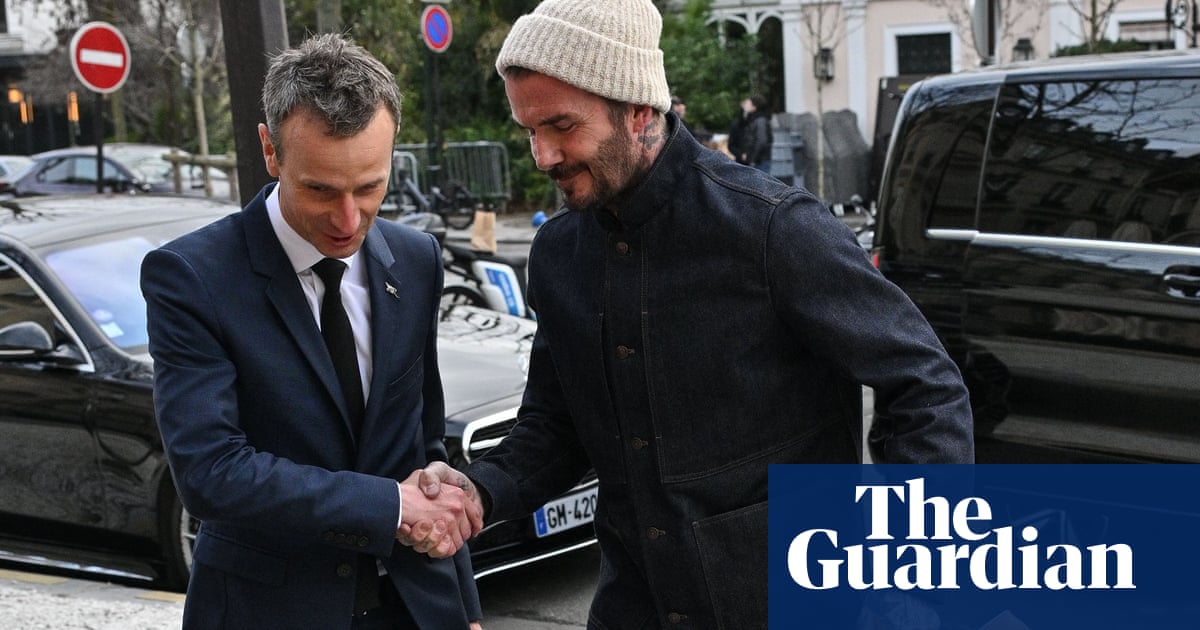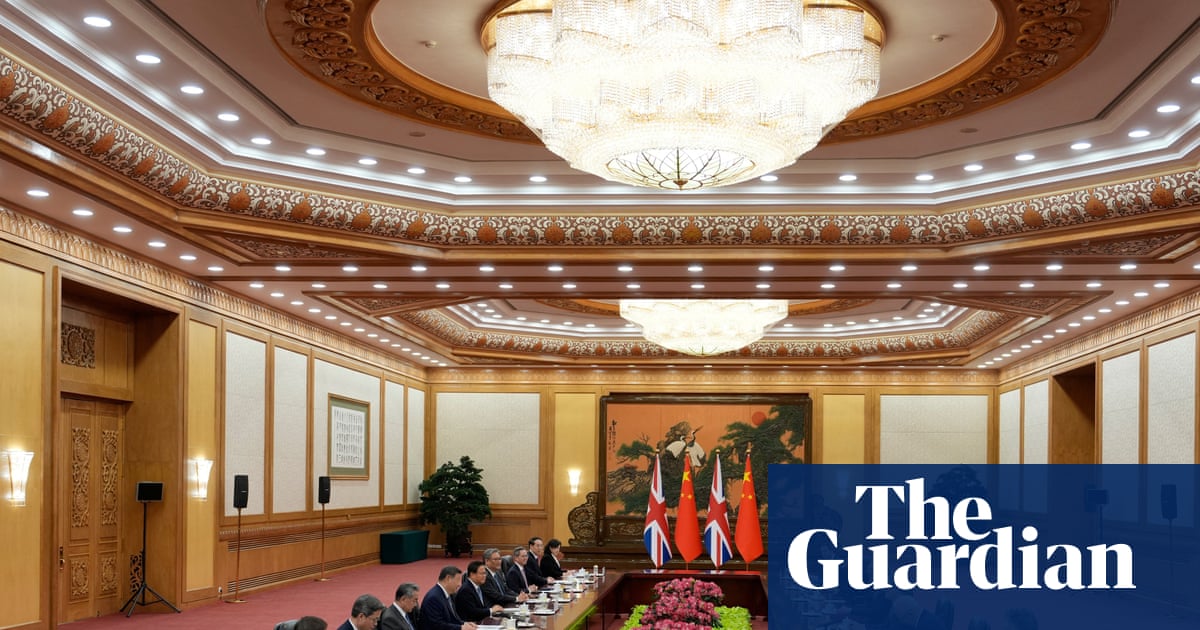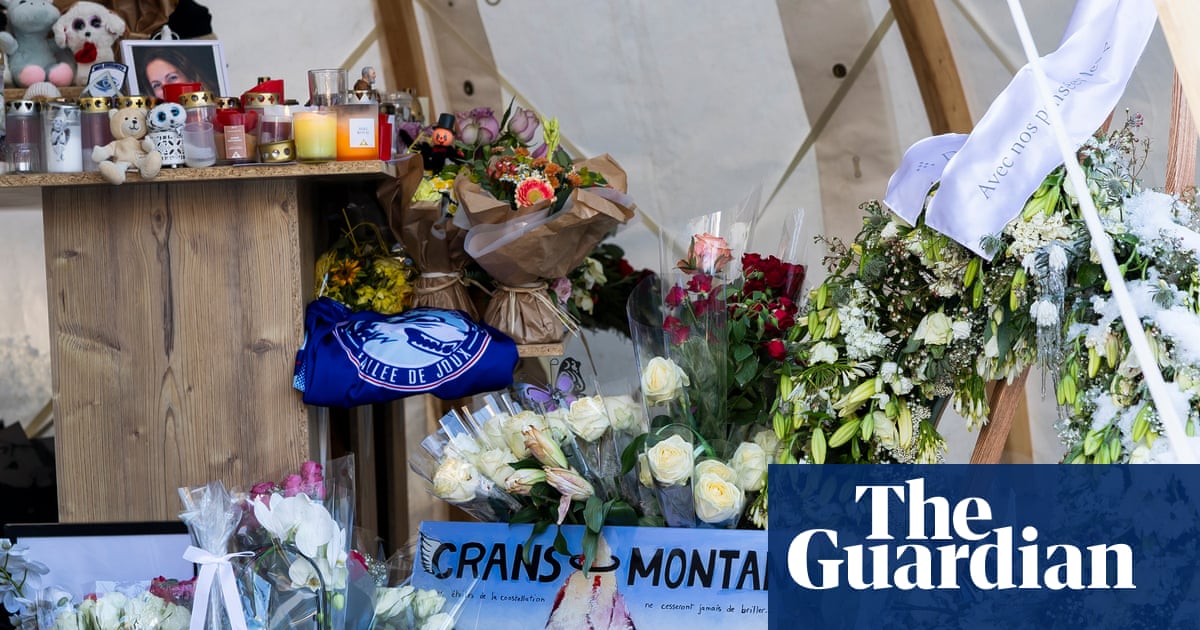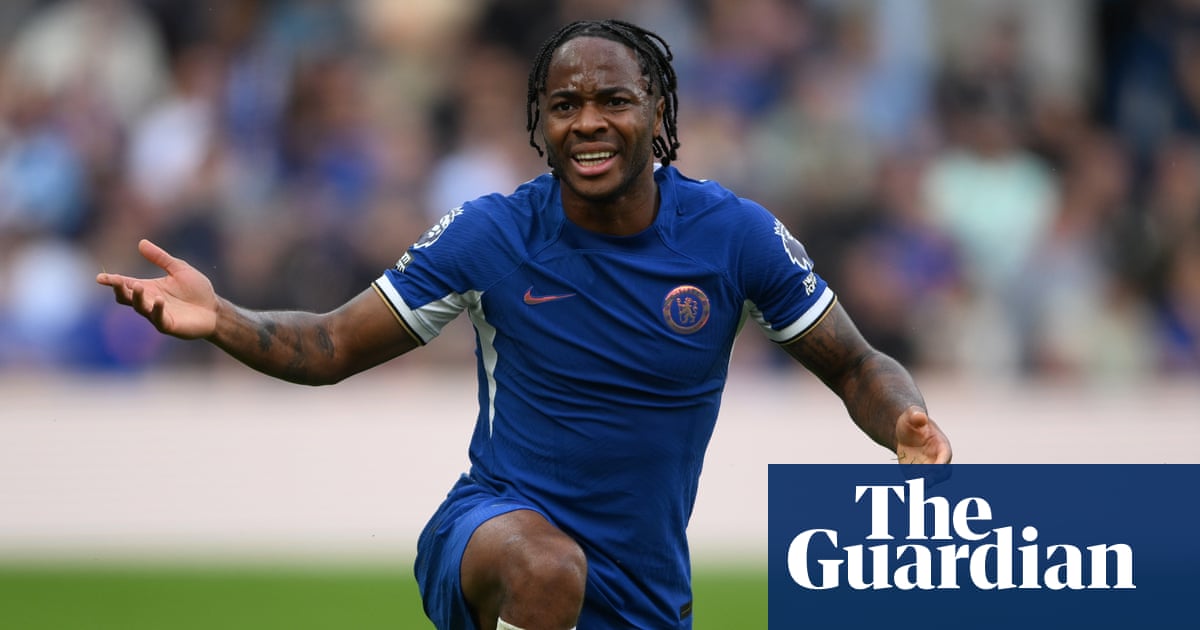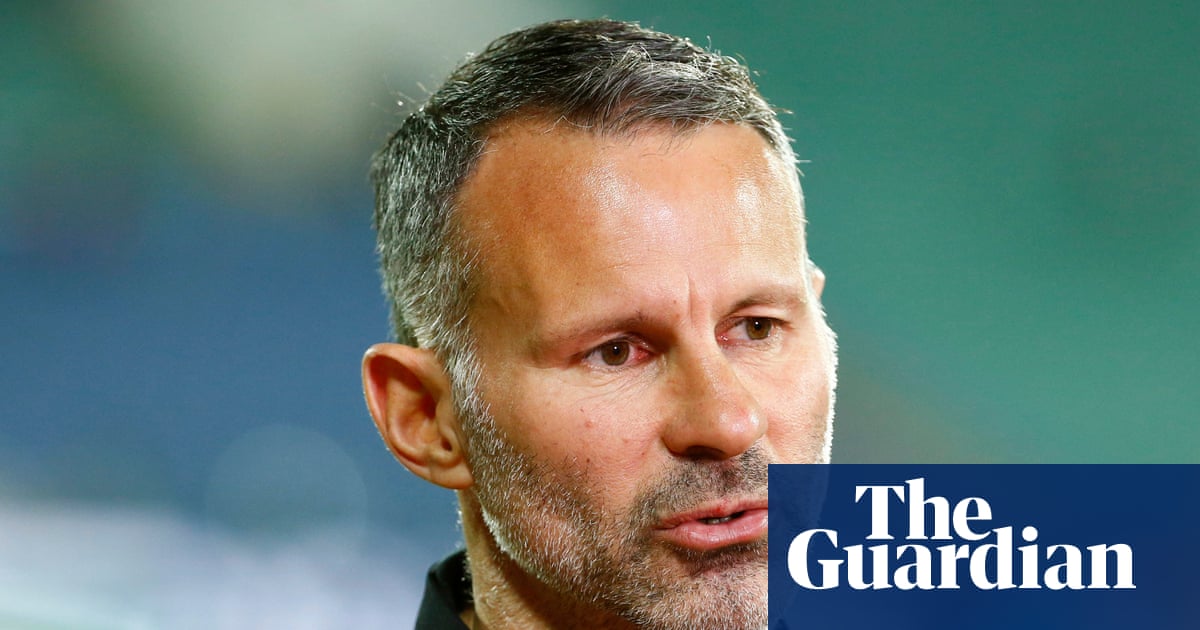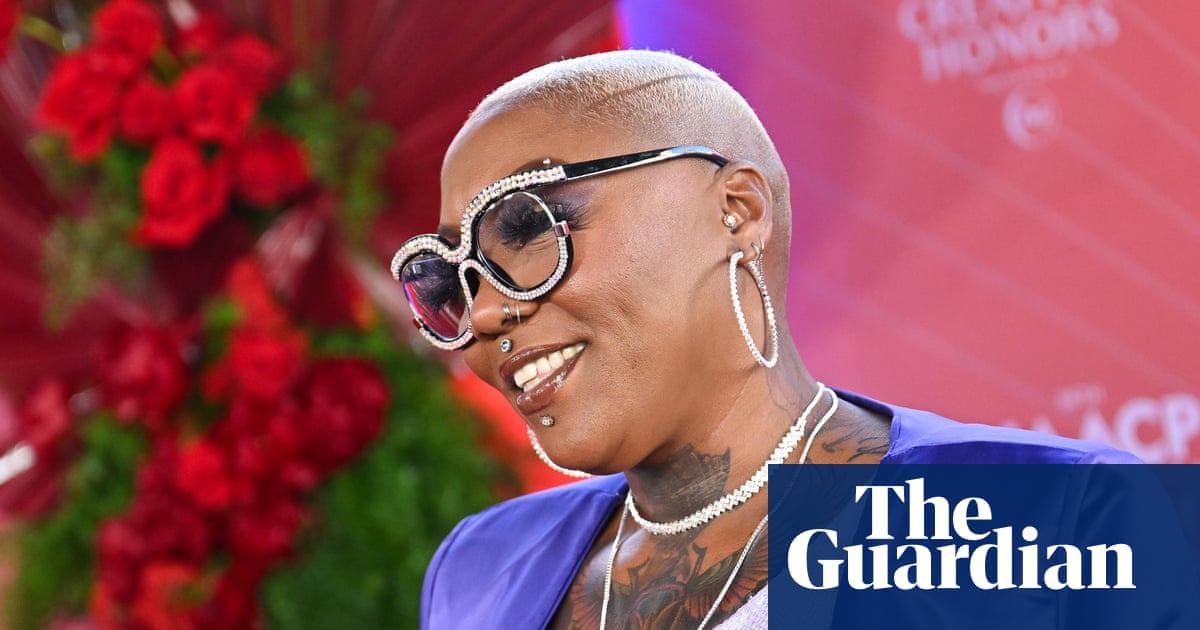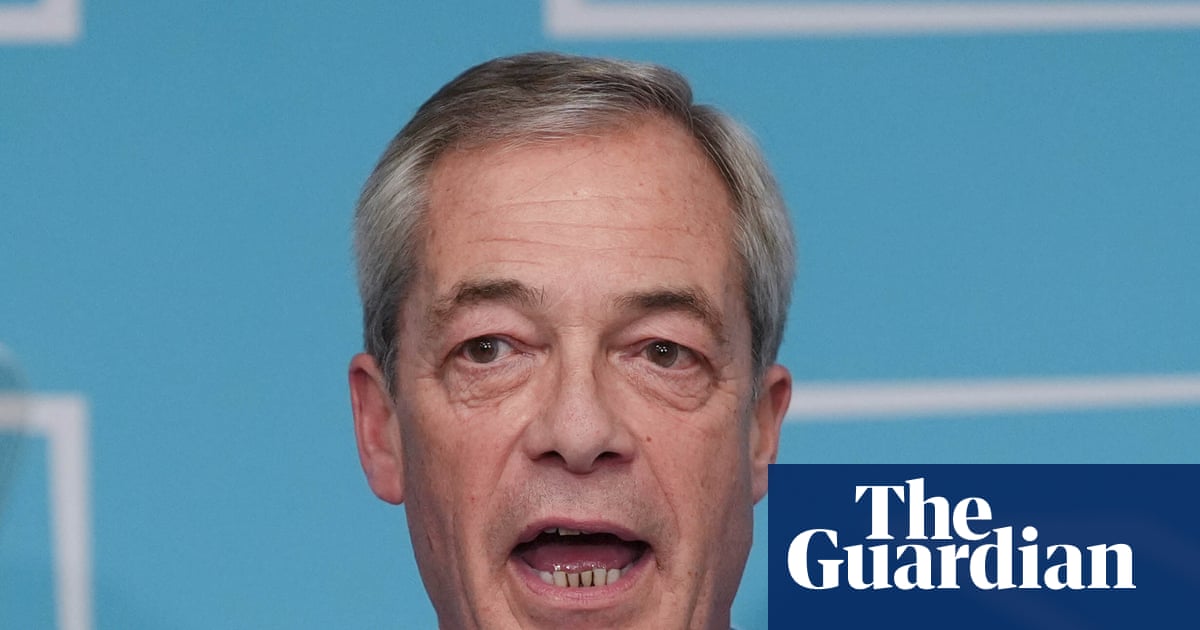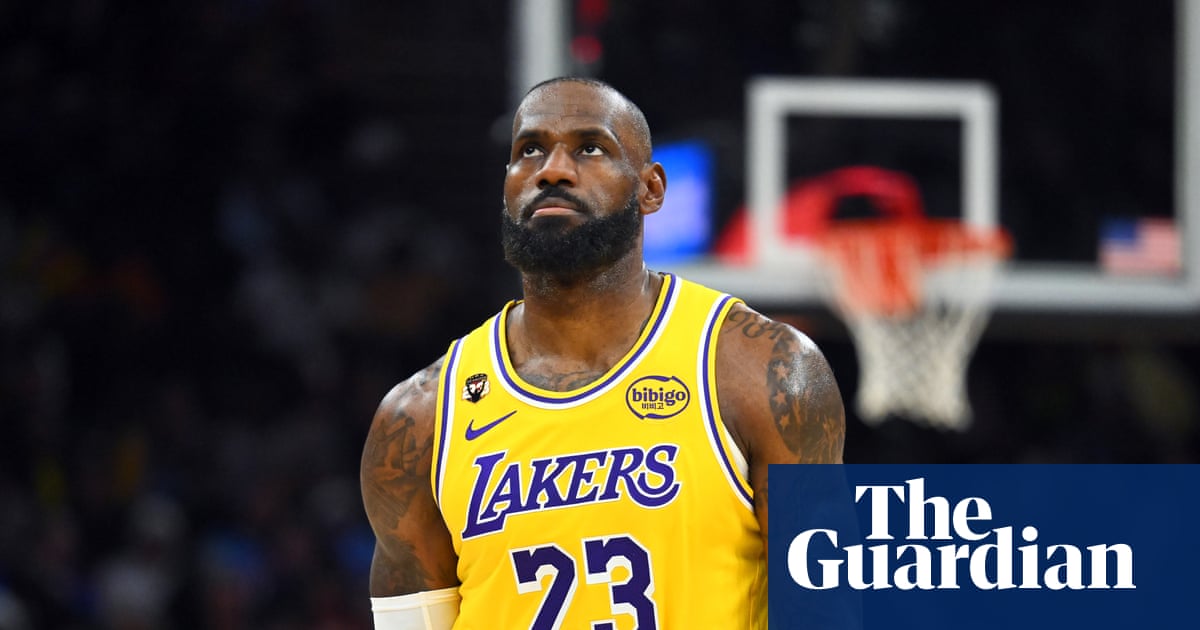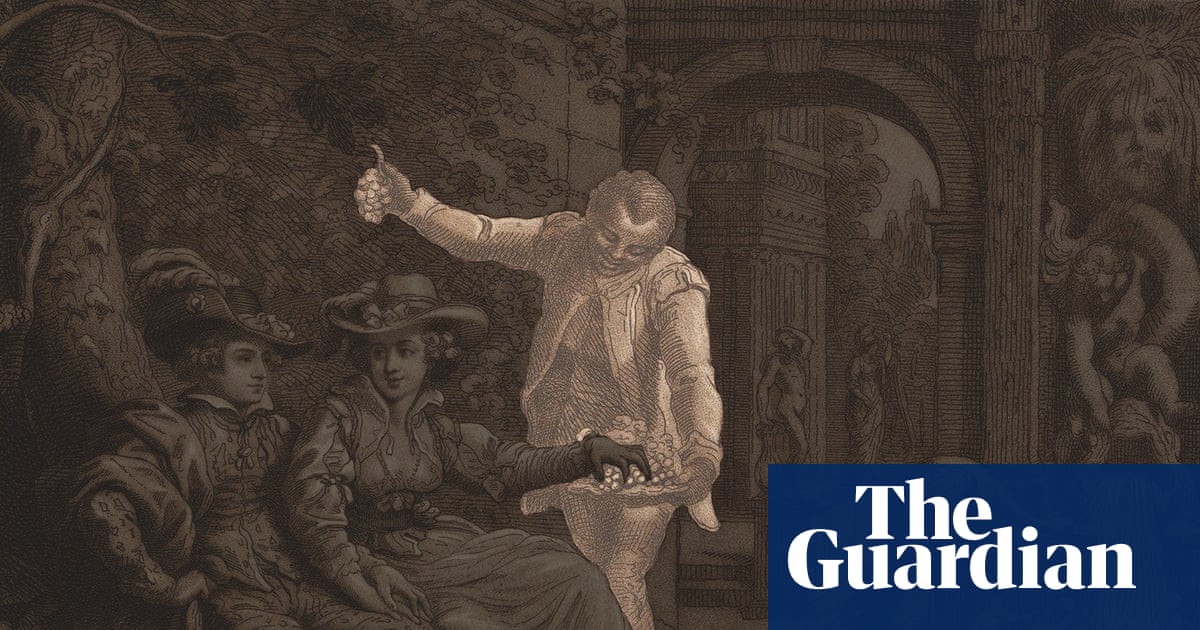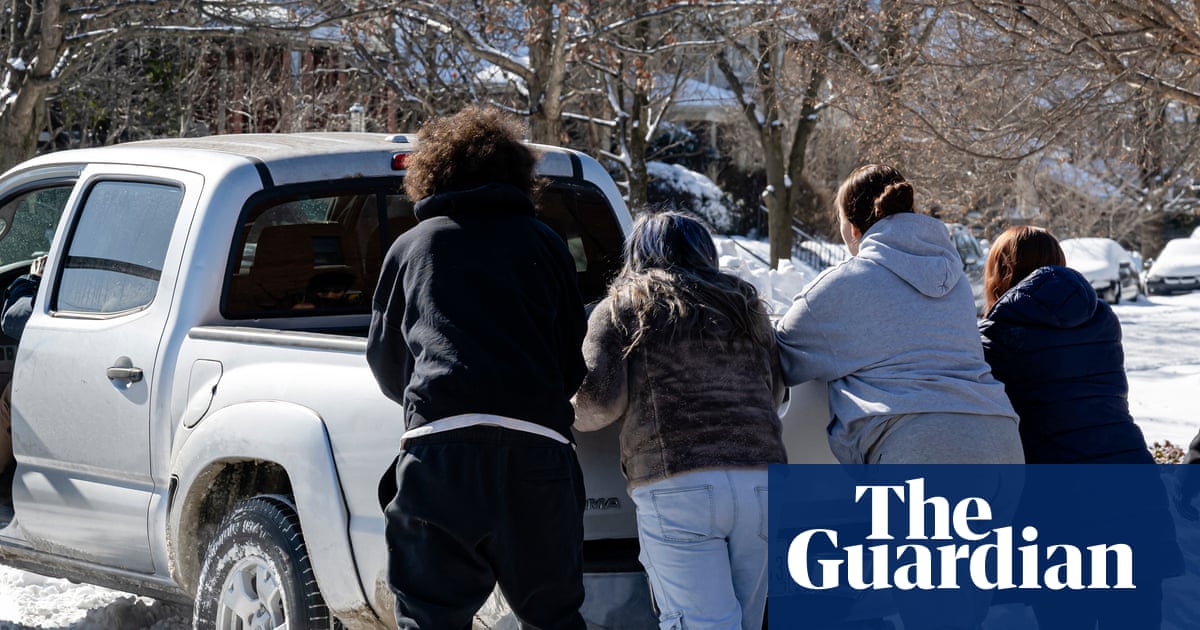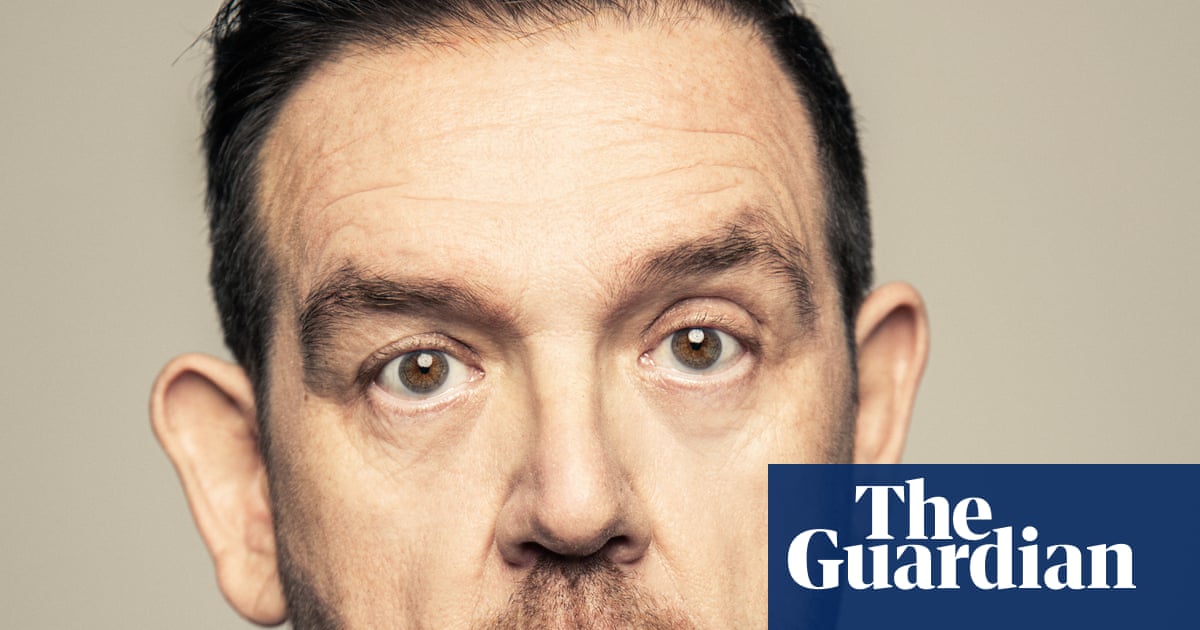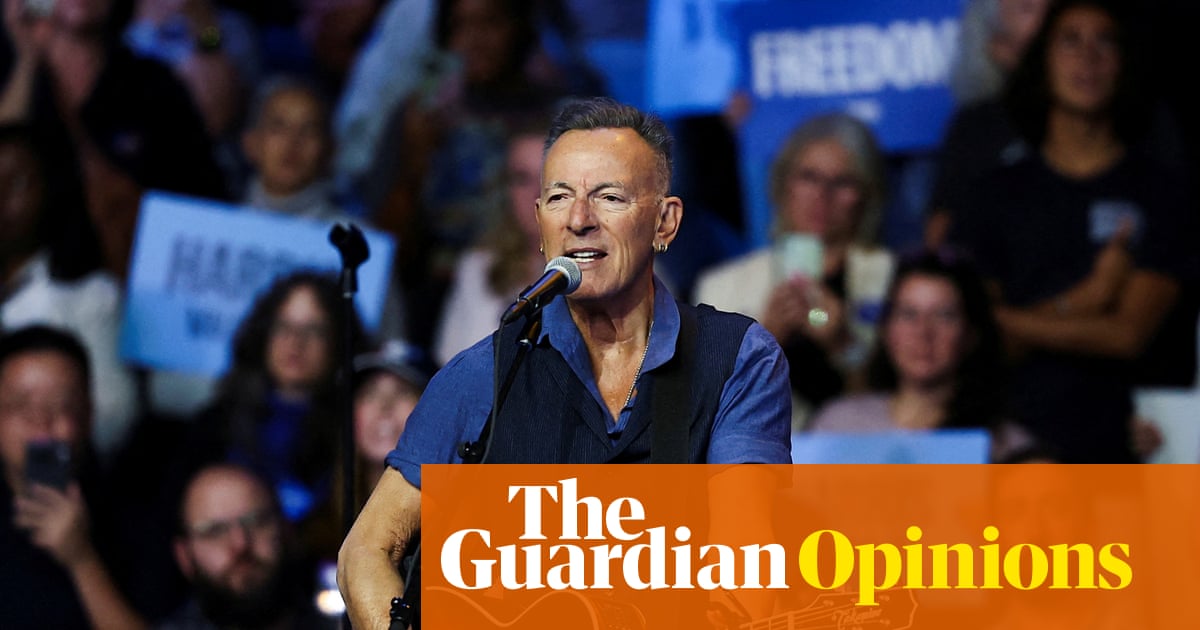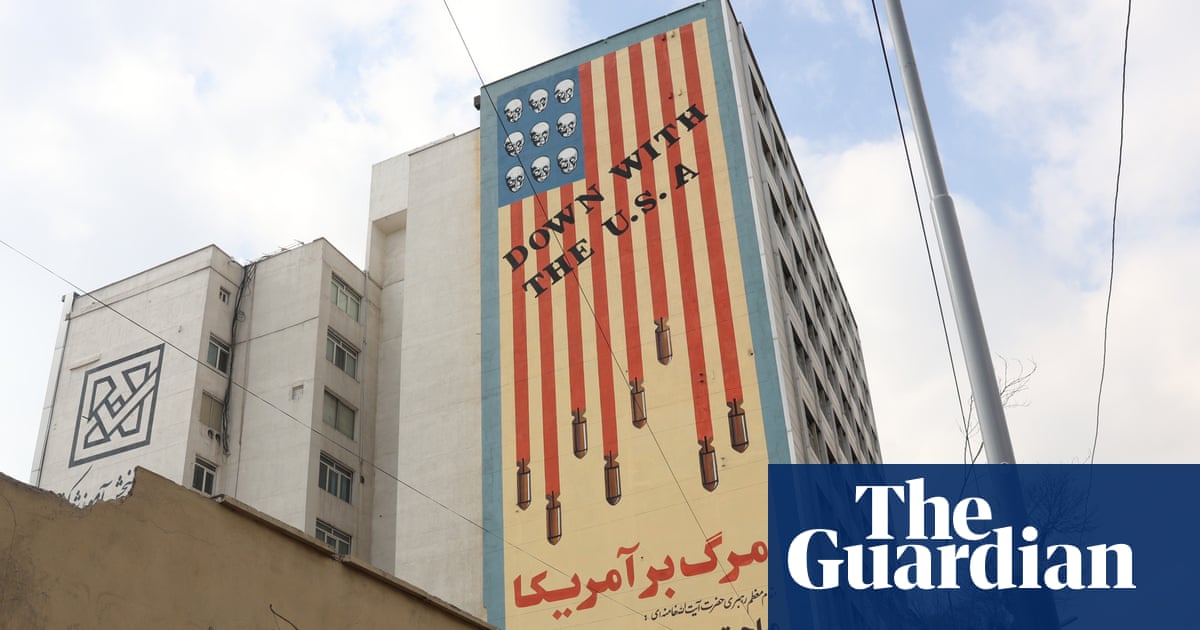Donald Trump has, for years, used legal threats and lawsuits to pressure news companies who put out coverage he does not like. After his return to power, a string of US broadcasters and tech firms have paid tens of millions of dollars to settle such cases.
The president has now gone global with this campaign, crossing the pond to threaten the BBC with a $1bn lawsuit over an episode of the Panorama documentary program that aired more than a year ago.
A lawyer representing Trump accused the BBC of “defamatory, disparaging, and inflammatory statements” in stitching together Trump’s comments from his January 6 speech in Washington DC to make it sound like he was encouraging his supporters to “fight like hell” at the US Capitol, hours before a deadly insurrection unfolded.
Already, two top BBC executives have resigned over the controversy. A lawyer for Trump said the BBC’s broadcast has caused Trump “overwhelming financial and reputational harm” and suggested it violated Florida law – even though BBC iPlayer, the main streaming platform that carries Panorama, and BBC One, the main TV channel that broadcasts it, are not available in the US.
The BBC has said it will review the correspondence from Trump’s legal team “and respond directly in due course”.
The saga is only the latest chapter in a campaign meant to keep media institutions that cover Trump on their toes. Often, legal letters sent to media companies on his behalf have not actually led to lawsuits – though many journalists say they have contributed to a chilling effect on coverage.
But Trump has also followed through on several lawsuits, and since his re-election one year ago, a series of media and tech companies have chosen to take the easy way out by agreeing to significant settlements. Several of those companies have business before his administration.
In July, Paramount, parent company of CBS News, chose to settle a case that Trump had filed in the state of Texas arguing that the company had violated consumer protection laws by misleadingly editing a 60 Minutes interview of then vice-president Kamala Harris. Many legal experts viewed the case as easily winnable for Paramount, considering the unrelated statute he sued under – and that Trump could not credibly claim to have been harmed by the segment since he defeated Harris in the election.
But company leadership viewed the lawsuit as an unnecessary distraction, particularly as it sought his government’s approval of a merger with Skydance Media. Paramount ultimately paid $16m.
Trump also won a settlement last year from ABC, owned by Disney, which he had sued over comments made by anchor George Stephanopoulos. ABC agreed to pay $15m.
When combining Trump’s settlements with ABC, CBS and cases against both Facebook parent company Meta and YouTube, which is owned by Google, he has racked up over $80m in agreements. Most of this money is slated to go toward the building of Trump’s presidential library, rather than to him personally.
Now the BBC in his sights. Unlike CBS, owned by Paramount Skydance, and ABC, owned by Disney, the BBC is not part of a complicated corporate empire: it is independent, although its unique structure as a publicly funded organization invites intense scrutiny.
Because of the timing of the Panorama broadcast, one week before the 5 November 2024 presidential election, a spokesperson for Trump’s legal team accused the BBC of so-called “election interference”, a similar charge to the CBS case. “President Trump will continue to hold accountable those who traffic in lies, deception, and fake news,” they told the Guardian.
The legal letter cites the actual malice standard necessary to win defamation cases in the US. To meet that bar, Trump’s team would have to prove that someone with authority at the BBC knew that the edited package falsely portrayed Trump to have encouraged violence, and chose not to act on that knowledge.
David A Logan, professor emeritus at the Roger Williams School of Law in Rhode Island, said Trump’s allegations against the BBC closely “track” those he made against CBS – though in that case, CBS had merely used two different parts of the same answer in separate broadcasts, rather than pulling together comments from opposite ends of the Harris interview.
“I am reluctant to say which is worse journalism,” Logan said, but he noted that the resignations of BBC director general Tim Davie and chief executive of BBC News Deborah Turness “signals that the BBC thinks it’s plenty bad behavior”.
Mark Stephens, an international media lawyer at the firm Howard Kennedy, said Trump’s team likely targeted the US to potentially file the case because the statute of limitations – one year from the date of the broadcast, which was 28 October 2024 – has passed in the UK.
Still, he said that Trump’s team would face “jurisdictional hurdles” if it filed the lawsuit. Because the program was not easily viewable in Florida, Stephens said it could be challenging to prove that someone in the state had seen it. “The question I would ask myself early on is: How can someone in Florida think the worst of Donald Trump if they haven’t seen the publication?” (The legal letter noted the segment in question has been distributed “through various digital mediums”.)
If Trump chooses to sue, Stephens said the case would bring renewed attention to Trump’s comments, and any role he might have played in fomenting the violence of January 6. (Trump claims he did no such thing.)
“If he sues, he opens a Pandora’s box, and in that Pandora’s box is every damning quote he’s ever uttered about Jan 6,” said Stephens. “So this isn’t the hill to die on, in my view. It’s a legal cliff edge, and if he jumps, there’s a high chance he’ll fall.”

 2 months ago
44
2 months ago
44
